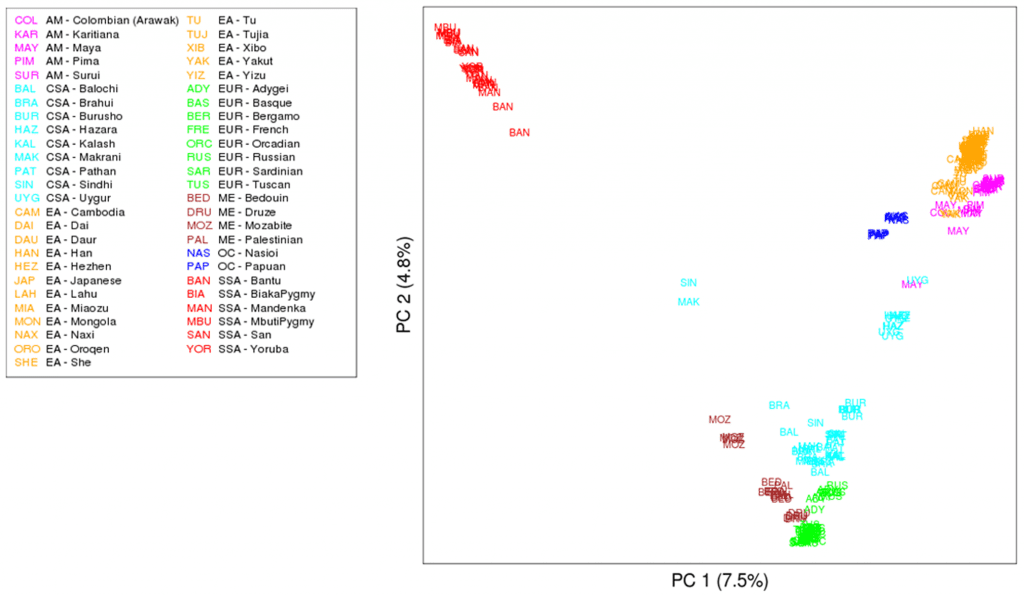1. Introduction
In Japan, it is common to hear people addressing each other with honorifics such as san and kun. These terms may seem strange to those unfamiliar with the language, but they are an integral part of Japanese culture. In this article, we will explore the meanings of san and kun, how they are used, their cultural significance in Japan, and examples of when they are used.
2. What is SAN?
San (さん) is a title of respect typically used when addressing someone older than you or someone you do not know well. It can also be used to address someone with a higher status than you, such as a teacher or boss. San is gender-neutral and can be attached to both first and last names. For example, if someone’s name was Tanaka Kenichi, you would address him as Tanaka-san or Kenichi-san.

3. What is Kun?
Kun (くん) is another title of respect typically used when addressing someone younger than you or someone you know well. It can also be used to address someone with a lower status than you, such as a student or employee. Kun is usually only attached to the person’s last name; for example Tanaka Kenichi would be addressed as Tanaka-kun rather than Kenichi-kun.
4. How are SAN and Kun Used?
San and kun are often used in formal settings such as business meetings or school classes where there is an established hierarchy between people based on age or status. It is important to note that these titles should only be used when speaking directly to the person; it would not be appropriate to refer to them by their title when talking about them behind their back or in third person (e.g., “Tanaka-san said…”).
5. Differences Between SAN and Kun
The primary difference between san and kun is the age/status relationship between the speaker and the person being addressed: san is typically used for those older/higher in status while kun is typically used for those younger/lower in status. Additionally, san can be attached to both first and last names while kun should only be attached to the last name.
6. Cultural Significance of SAN and Kun in Japan
In Japan, titles such as san and kun are seen as a sign of respect for elders/superiors which reflects an important aspect of Japanese culture: politeness towards others regardless of age or status difference between them.This politeness extends beyond simply addressing people by their titles; it also includes other forms of etiquette such as bowing when greeting someone or speaking softly so as not to disturb others around you.
7 Examples of San and Kun Usage in Japan
San and kun are commonly heard in everyday life in Japan; here are some examples:
• When introducing yourself at work: “My name is Tanaka Kenichi; please call me Tanaka-san”
• When talking with friends: “Hey Tanaka-kun! How have you been?”
• When speaking with your teacher: “Yes Sensei (teacher), I understand now”
• When talking about your parents: “My father works at a company; please call him Sato-san”
• When talking about your younger siblings: “My brother loves playing soccer; please call him Sato-kun”
8 Conclusion
In conclusion, san (さん) and kun (くん) are titles of respect typically used when addressing someone older/higher in status (san) or younger/lower in status (kun). They reflect an important aspect of Japanese culture which values politeness towards others regardless of age or social standing.With this knowledge, one can better understand why these terms are so commonly heard throughout Japan!
9 References
>
Kawaijoey’s Blog – Honorifics & Titles In Japanese https://kawaijoeyblog1stgradejapanesehonorificstitlesinjapanese/ The Spruce – How To Address People In Japanese https://www.thesprucecraftscom/how-to-addresspeopleinjapanese4047462
Why do Japanese people say Kun or San after a name?
Chan kun and san are added to the end of names and job titles in Japanese to indicate a degree of intimacy and respect. They are often used and considered rude if you use the words incorrectly.
Can you use kun for a girl?
Only is officially used not only for women but also for very close friends and family. Calling on a woman lord is not insulting and can be used to show respect although it is not meant in general.
What is difference between SAN and Kun?
When a person wants to express their (light) respect acid is the most appropriate and safe way to do so. Sharing is used to express interest in another person. Therefore it is recommended to use San in any case. Kun (Jun) is commonly used for boys especially young boys.
Why do they say Kun in Japan?
Gon (君/君) is usually used when a person with a higher status calls or refers to a person with a lower status and is usually used to refer to a boy a boy a boy or a close teenage boyfriend. Kun is not as good as casual.
What does Ara Ara mean in Japanese?
Oh me, oh my
Ara ara (あら あら) is a Japanese expression that is mainly used by older females and means “My my”, “Oh dear”, or “Oh me, oh my”.
What is senpai in Japanese?
In Japanese the word is more widely used to mean teacher or master. Like sensei senpai is used in English for martial arts and religious teachings especially Buddhism.
